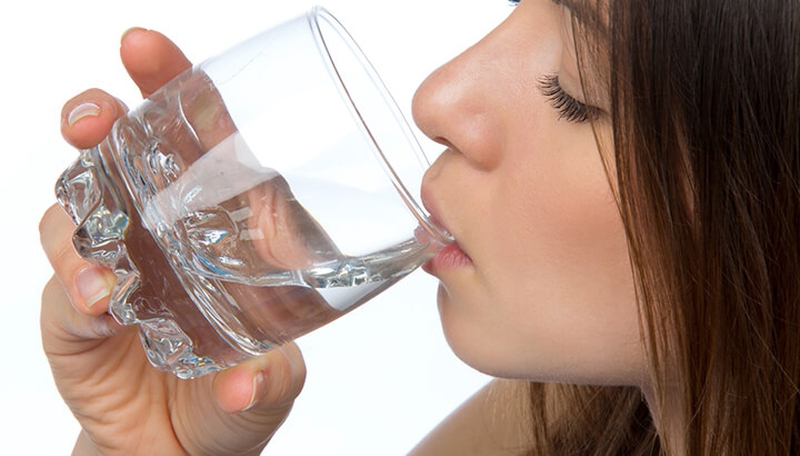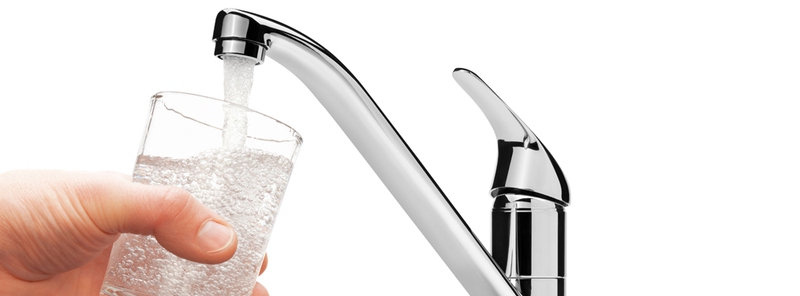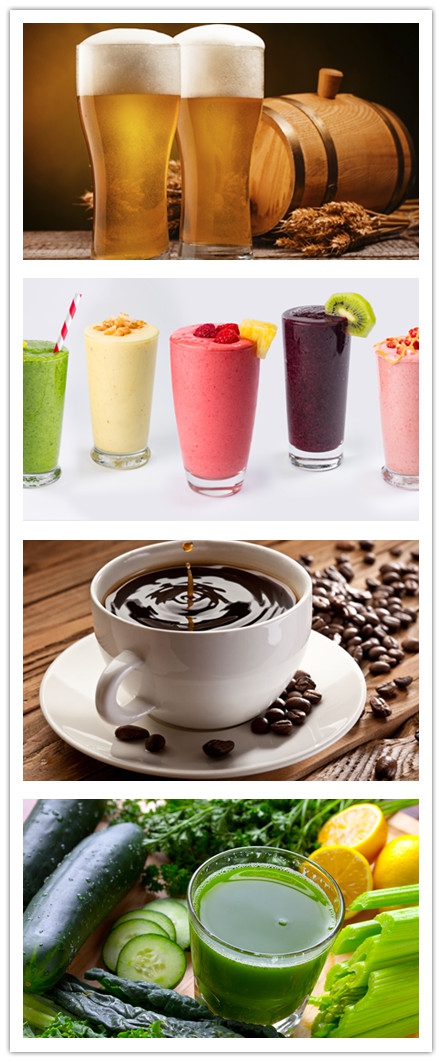Water is vital for the proper functioning of your body and its organs because the most of your body weight is water. While eight cups of water is the recommended amount to consume through the day to remain healthy, for some this can be up to twelve cups to keep the body fully hydrated. The amount of water needed each day will vary from person to person based on exercise, diet, weather and medications. Drinking water isn't the only way to meet your water quota, many foods and other beverages contain water, then they can keep you hydrated as well. But if water makes up a majority of your body weight, can water make you fat?

Does Water Make You Fat?
For the most part, no.
Water doesn't contain any calories or fat and your body relies on it to function properly. Water will actually help speed up your metabolism. Replenishing the body with the water it needs will actually allow it to stop storing water around the ankles, thighs, stomach and other areas of the body. Water is also vital for proper kidney functions. When your kidneys function properly, you can burn fat more easily and feel less hungry. In a sense, drinking the right amount of water will actually help you lose weight because you are able to burn more fat while your body can function with ease.
This, however, is not the cause for all individuals. Some people will need to limit the amount of water because it can unintentional cause them to gain weight. Can water make you fat? If you have certain health issues like congestive heart failure or kidney disease, it can. If you experience swollen ankles regularly, have trouble breathing or are fatigue often, you will want to talk to your doctor about an underlying health issue you may have. Your doctor will be able to discuss how much water you should be consuming each day to remain healthy.
The fluoride found in most tap water can also have a negative effect on the thyroid glands. The thyroid is what can help regulate your weight and when you consume too much fluoride, this can hinder its ability to function properly. So the fluoride in tap water can actually cause individuals to gain weight.
Additional Drinking Habits That Can Contribute to Weight Gain include:
Green Juices
Green juices are often looked at as a healthy beverage to include in your diet for those trying to lose weight. However, most green juices are filled with spirulina which is packed with a significant amount of calories. Converting your fruits into juice form can actually take away many of their health benefits like extracting out the fiber. This leaves you with a drink high in sugar and less in nutrients.
Beer
Can water make you fat? If you drink beer on a regular basis, it might not be the water adding on the weight. Beer can cause inflammation that results in weight gain or bloating. This can be due to the carbs or a hidden gluten sensitivity. Additionally, you tend to consume more calories from drinking beer than with other liqueurs because you drink more of it to get the same effect as you would from a few cocktails. This increases the number of calories you take in.
Smoothies
Smoothies can supply you with a high number of quick calories. Because they are easy to add in a number of different ingredients, you can easily create an almost 1000 calorie beverage without realizing it. While a smoothie can be good in moderation, you want to be careful with any additional ingredients you add to reduce the calorie amount.
Diet Sodas
Just because it says diet doesn't make it a healthier option than regular sodas. Diet sodas contain sugar substitutes that stimulate the production of insulin. Insulin is a fat storage hormone and when activated, it tells the body to store fat, causing you to gain more weight.
Cocktail Cravings
You have known the answer to "can water make you fat", now wonder whether other drinks will cause fat, like cocktail? Keep reading. Having regular nightcaps can increase the urge for late night snacking. When you consume alcoholic beverages on a regular basis, your brain chemistry is altered. This can cause you to have junk food cravings and can enhance the taste of foods, making it more difficult to become full. This, in turn, causes you to snack more after a night of drinking.
Coffee
A little bit of coffee can give you a quick energy boost because it helps your body produce adrenaline. You can become more alert and focused, but excessive coffee consumption can hinder your adrenal glands, making it difficult to muster up energy when you really need it. Plus, the sweeteners, syrups, creams and other additions most mix in with coffee can quickly add up to hundreds of extra calories.


View All Comments /Add Comment